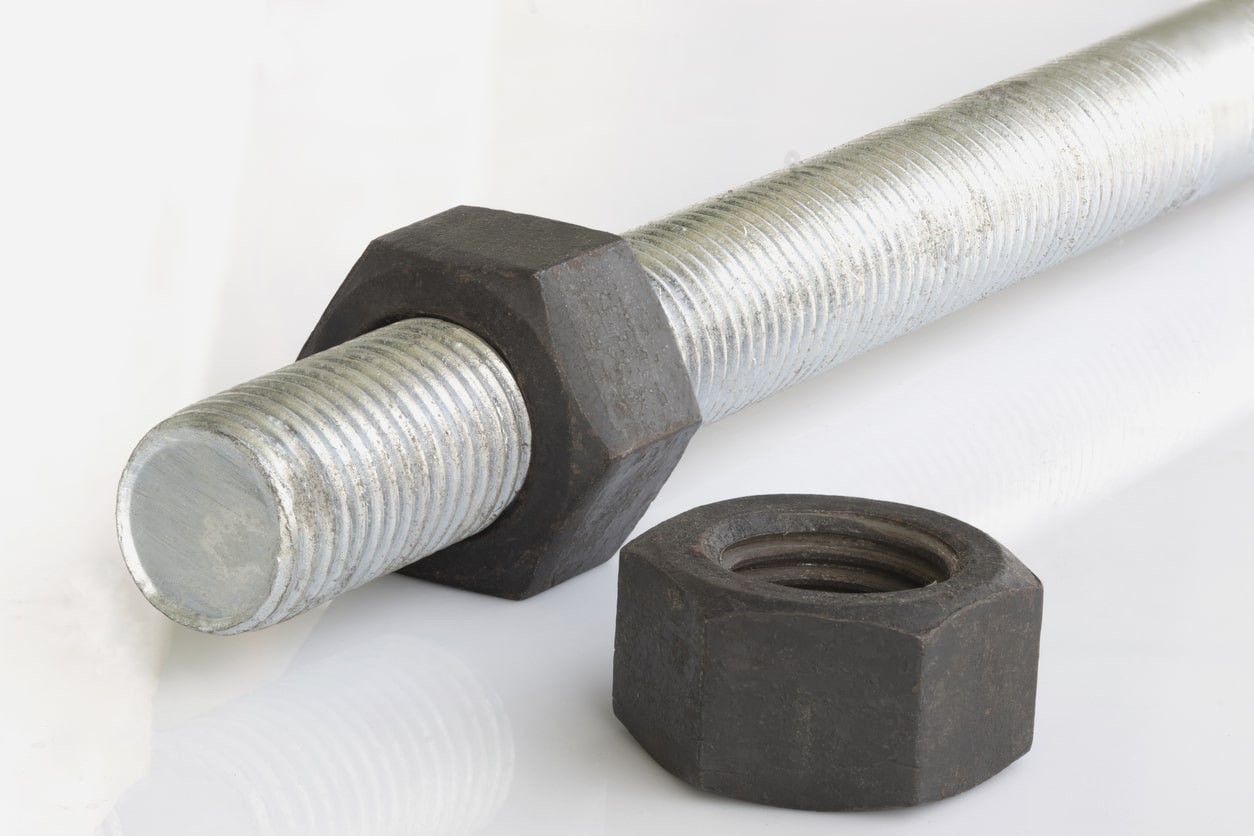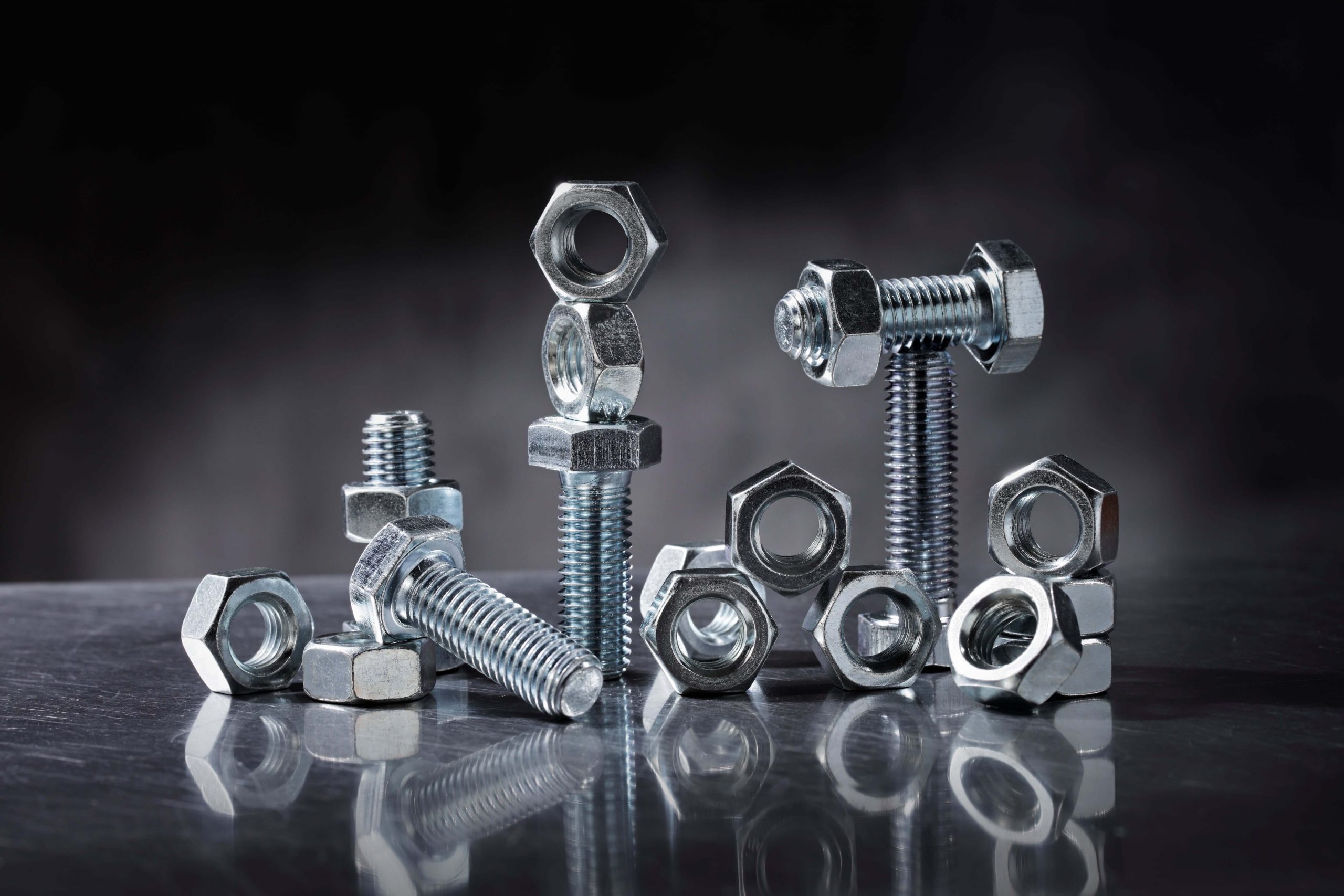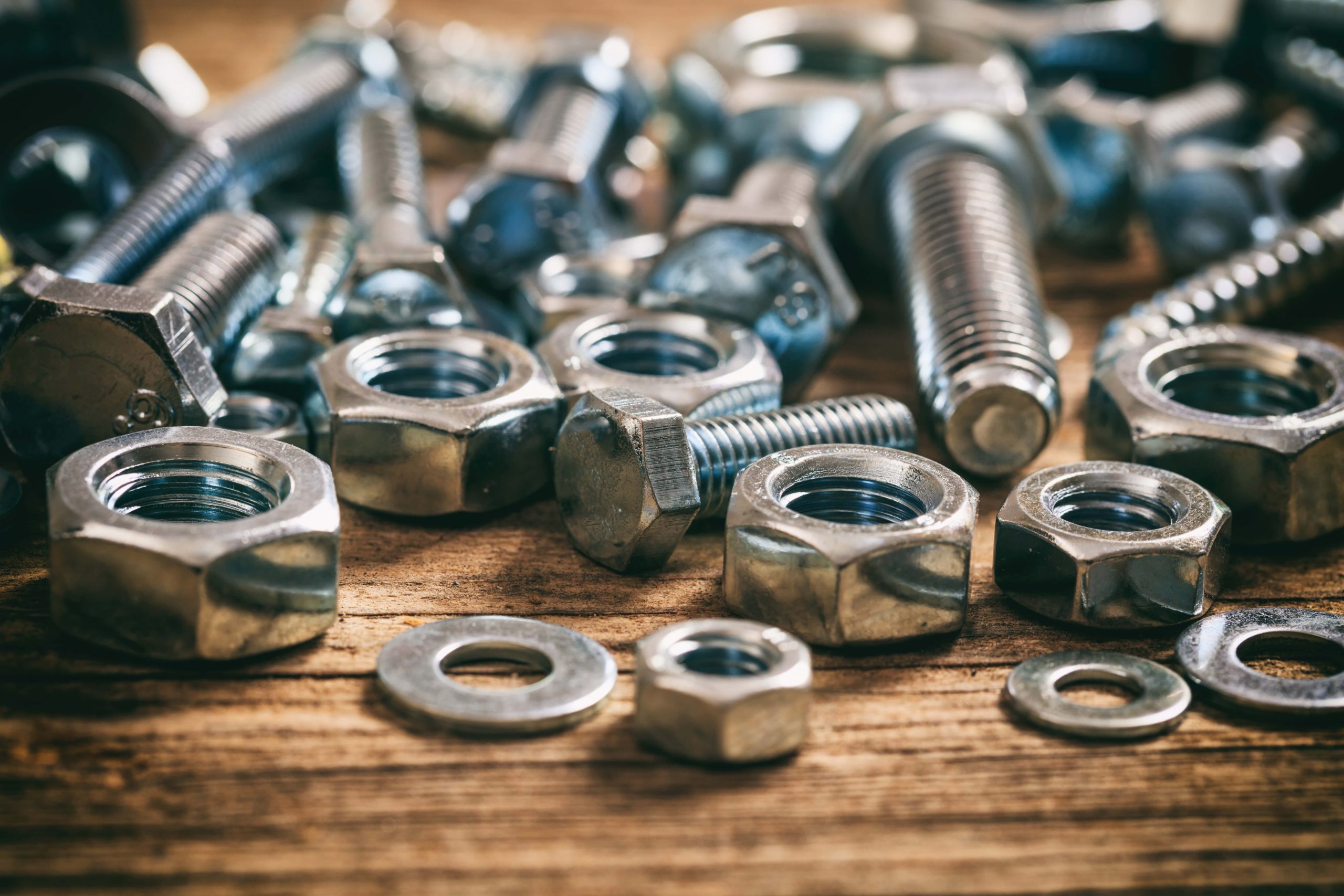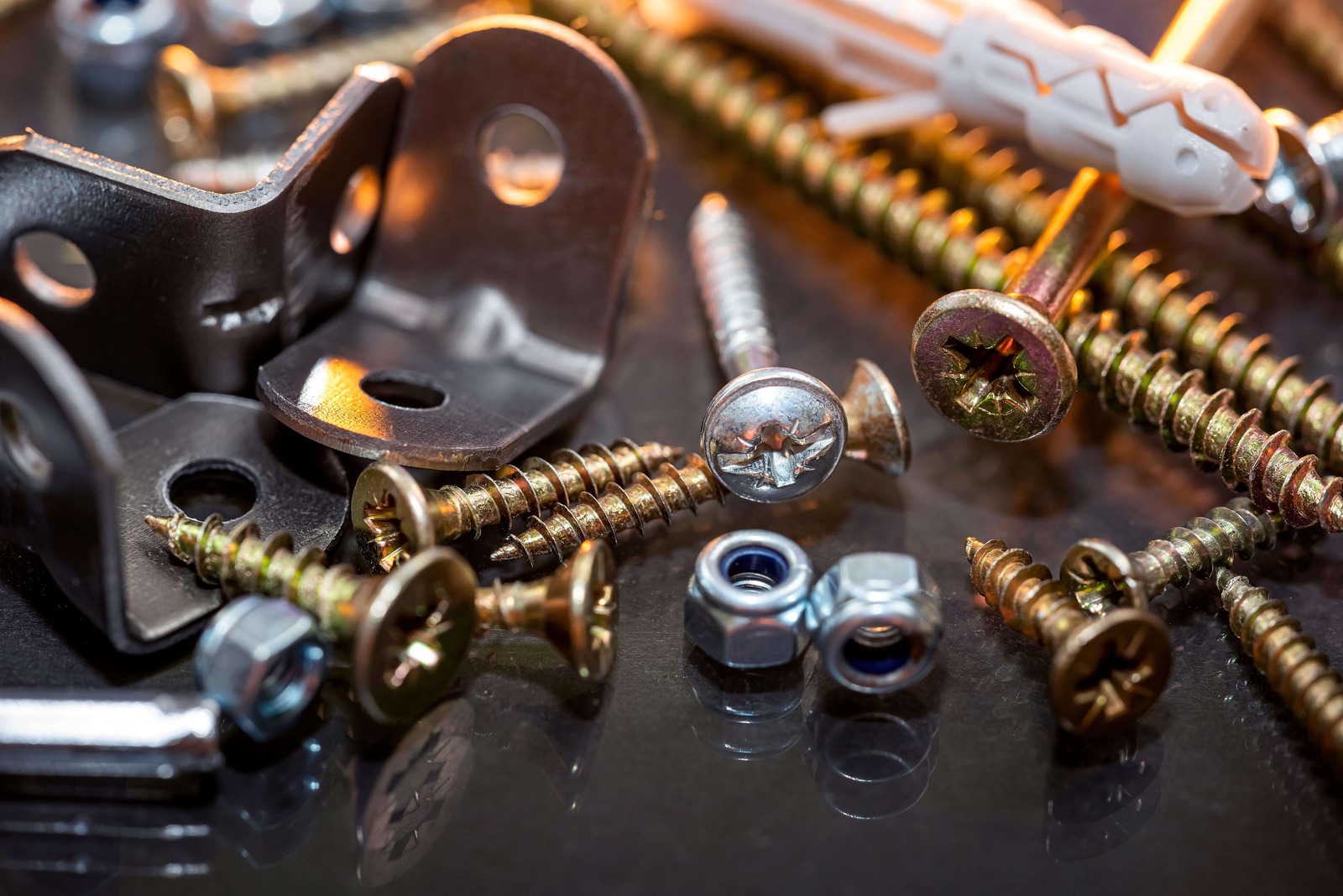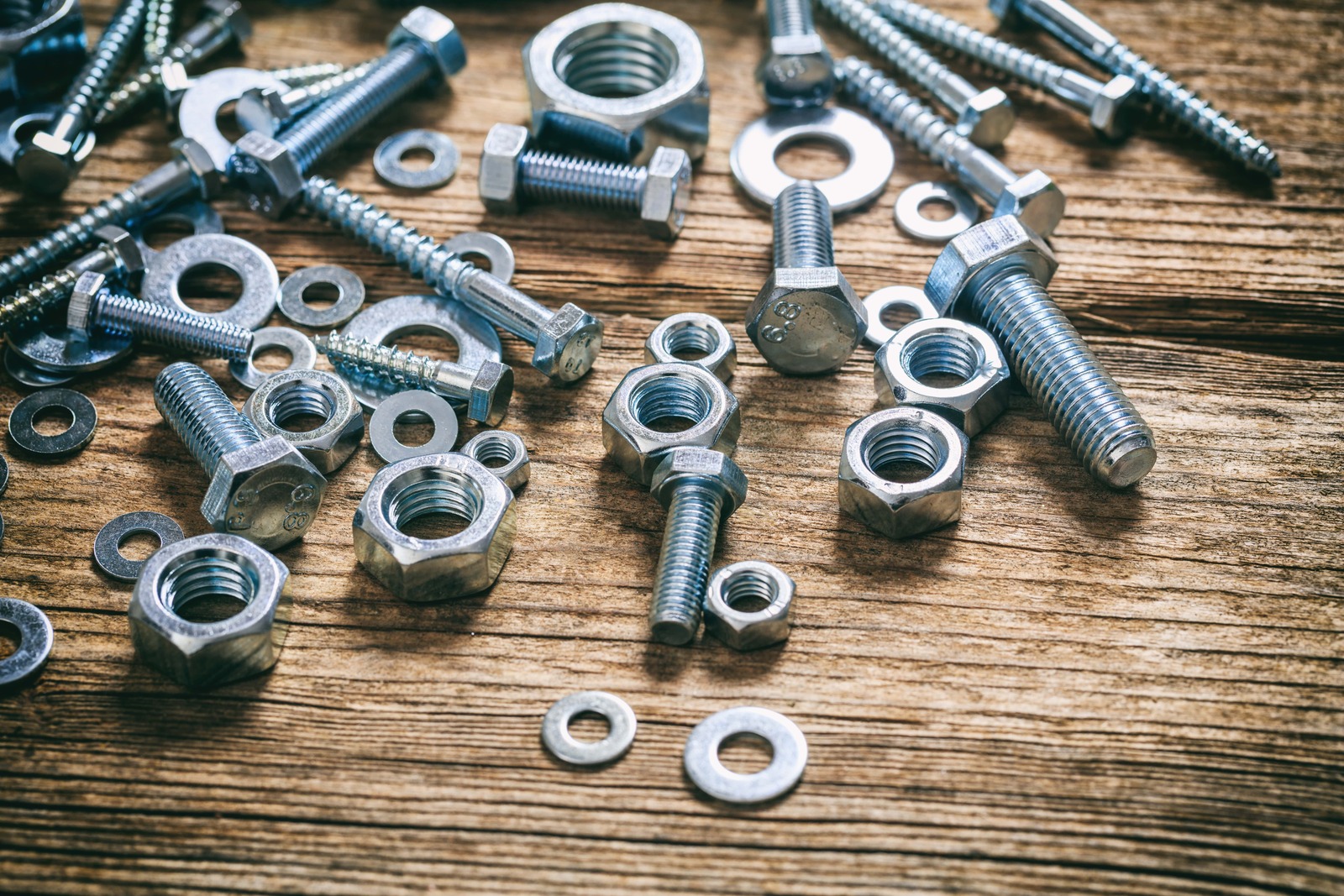How to Know Which Fastener to Use
Choosing the right fastener can be daunting, especially with the vast array of options available on the market. Fasteners play a crucial role in construction, woodworking, automotive work, and various other applications. From screws and nails to bolts and rivets, each type of fastener is designed for a specific purpose, and using the wrong one can lead to failure of the joint or structure. Understanding the different types of fasteners, their materials, and their specific applications is key to making the right choice. This guide will help you navigate through the complexities of fasteners, offering insights on how to determine which one to use for your project.
Understanding the Basics of Fasteners
Fasteners are hardware devices that mechanically join or affix two or more objects together. They are widely used across different industries, including construction, manufacturing, automotive, and even DIY home projects. Fasteners come in various forms, including screws, nails, bolts, nuts, washers, rivets, and anchors. Each type serves a unique purpose, and selecting the appropriate one is essential for ensuring the integrity and safety of your project. Before choosing a fastener, it is important to understand its basic characteristics, such as thread type, head shape, length, diameter, and material. Fasteners are made from different materials, including steel, stainless steel, brass, aluminium, and plastic, each with its own set of properties. Some fasteners are designed to withstand heavy loads, while others are made for lightweight applications. Factors such as corrosion resistance, strength, and durability must be considered when selecting the right fastener.
Screws: Versatile and Reliable
Screws are among the most commonly used fasteners, known for their versatility and ease of use. They are designed with threads that help grip into the material, providing a strong and secure hold. Screws come in various types, including wood screws, machine screws, sheet metal screws, and self-tapping screws, each designed for specific materials and applications. Wood screws are ideal for woodworking projects, offering excellent grip and strength in timber. They typically have a coarse thread and a sharp point, making them easy to drive into wood. Machine screws, on the other hand, are used with nuts or tapped holes in metal, plastic, or other hard materials. They have finer threads compared to wood screws and are available in various head shapes, including flat, round, and pan heads.
Sheet metal screws are designed for fastening thin metal sheets. They have sharp threads that cut into the material, ensuring a tight fit. Self-tapping screws, as the name suggests, can tap their own threads into materials, eliminating the need for pre-drilling. These are commonly used in soft metals, plastics, and composites. Choosing the right screw depends on the material you are working with and the required strength of the joint. It is also important to consider the length and diameter of the screw to ensure it provides adequate grip without compromising the material’s integrity.
Nails: Simple and Effective
Nails are simple fasteners used primarily in woodworking and construction. They are driven into the material using a hammer or nail gun, creating a frictional hold that secures the objects together. Nails come in different shapes and sizes, including common nails, finishing nails, brads, and roofing nails. Common nails are used for general construction purposes, such as framing and carpentry. They have a thick shank and a flat head, making them suitable for heavy-duty applications. Finishing nails, on the other hand, have a smaller, thinner head that can be easily concealed, making them ideal for trim work, moulding, and other finish carpentry tasks.
Brads are similar to finishing nails but are much smaller in size, often used for delicate woodworking projects where a discreet fastener is required. Roofing nails have a large, flat head designed to hold down roofing materials securely. They are often galvanised or coated to resist corrosion, which is essential given their exposure to the elements. The main advantage of nails is their simplicity and speed of use. However, they do not provide the same level of hold as screws and are generally not recommended for applications where high strength or vibration resistance is required.
Bolts and Nuts: Strong and Secure
Bolts and nuts are used together to create strong, secure joints in heavy-duty applications. Unlike screws, bolts do not have sharp threads that grip into the material. Instead, they rely on the nut to provide the necessary clamping force. This makes bolts ideal for use in metal-to-metal or metal-to-wood connections where high strength and stability are needed. Bolts come in various grades, which indicate their strength and suitability for different applications. High-strength bolts, such as those made from stainless steel or high-tensile steel, are commonly used in construction, automotive, and industrial settings. The head shape of the bolt also varies, with hex bolts being the most common due to their ease of tightening with a spanner or socket wrench. Nuts are paired with bolts to secure the joint. They come in various forms, including hex nuts, lock nuts, and wing nuts. Lock nuts are particularly useful in applications where vibration or movement is expected, as they prevent the bolt from loosening over time. When choosing bolts and nuts, it is important to match the thread size and type to ensure compatibility.
Rivets: Permanent Fastening Solution
Rivets are permanent fasteners used to join materials together, particularly in applications where welding is not feasible. They are widely used in the automotive, aerospace, and construction industries, providing a strong and durable joint that does not require access to both sides of the material. Rivets consist of a smooth cylindrical shaft with a head on one end. During installation, the rivet is placed into a pre-drilled hole, and the tail end is deformed using a rivet gun or hammer, forming a second head that secures the materials together. This creates a permanent bond that is resistant to vibration and shearing forces.
There are different types of rivets, including solid rivets, blind rivets, and pop rivets, each suited to specific applications. Solid rivets are the most basic form, requiring access to both sides of the joint during installation. Blind rivets, also known as pop rivets, can be installed from one side, making them ideal for situations where access is limited. Choosing the right rivet involves considering the material being fastened, the required strength of the joint, and the environmental conditions. Rivets made from aluminium, steel, or stainless steel offer different levels of corrosion resistance and strength, allowing for versatility in various applications.
Anchors: For Masonry and Concrete
Anchors are fasteners designed specifically for use in masonry and concrete. They provide a secure hold in materials that are otherwise difficult to fasten into due to their hardness and brittleness. Anchors are commonly used in construction for securing items such as shelves, fixtures, and equipment to walls, floors, and ceilings. There are several types of anchors, including expansion anchors, sleeve anchors, and concrete screws. Expansion anchors work by expanding within the drilled hole as the fastener is tightened, creating a tight and secure hold. Sleeve anchors, on the other hand, have a sleeve that expands as the bolt is tightened, making them ideal for heavy-duty applications. Concrete screws are a type of anchor that can be driven directly into concrete, providing a strong and reliable hold. They are often used for lightweight applications where speed and ease of installation are important. When selecting an anchor, it is essential to consider the load requirements, the condition of the masonry or concrete, and the environmental factors that may affect the performance of the fastener.
Material Considerations: Matching Fasteners to the Environment
The material of the fastener plays a critical role in its performance and longevity. Fasteners are available in a variety of materials, each with specific properties that make them suitable for certain applications. Common materials include steel, stainless steel, brass, aluminium, and plastic.
Steel fasteners are strong, affordable, and widely used in construction and general applications. However, they are prone to rust if not coated or treated, making them less suitable for outdoor or corrosive environments. Galvanised steel, which is coated with a layer of zinc, offers improved corrosion resistance and is commonly used for outdoor projects.
Stainless steel fasteners provide excellent corrosion resistance, making them ideal for use in wet or harsh environments, such as marine applications. They are also strong and durable, although they tend to be more expensive than standard steel fasteners.
Brass fasteners offer good corrosion resistance and are often used in plumbing, electrical, and decorative applications. They are softer than steel, which limits their use in high-strength applications but makes them easier to work with when a non-magnetic, aesthetically pleasing fastener is required.
Aluminium fasteners are lightweight and resistant to corrosion, making them suitable for applications where weight is a concern, such as in aircraft and automotive industries. However, they are not as strong as steel or stainless steel fasteners, so they should not be used in high-stress situations.
Plastic fasteners are used in low-load applications, offering resistance to corrosion, chemicals, and electrical conductivity. They are commonly used in electronics, automotive, and plumbing industries where metal fasteners are not suitable.
Choosing the Right Fastener for Your Project
When deciding which fastener to use, it is crucial to consider the material being fastened, the load requirements, and the environment in which the fastener will be used. Understanding the differences between screws, nails, bolts, rivets, and anchors will help you make an informed decision, ensuring the safety and longevity of your project. If you are working with wood, screws are often the best choice due to their strong grip and ease of removal if needed. For metal-to-metal applications, bolts and nuts provide a secure, reliable joint. Nails are great for quick, simple fixes in woodworking, while rivets offer a permanent solution for more industrial applications. Anchors are the go-to option for securing fixtures in masonry or concrete. Always match the material of the fastener to the environmental conditions. For outdoor or corrosive environments, stainless steel or galvanised fasteners are recommended. For lightweight, low-load applications, aluminium or plastic fasteners may be more appropriate.
Contact The Experts
Choosing the right fastener is more than just picking something that fits; it requires an understanding of the materials, the environment, and the specific demands of the application. By considering these factors, you can select the appropriate fastener that ensures the safety, durability, and success of your project. Whether you are tackling a DIY home improvement task or working on a professional construction site, having the right fastener will make all the difference in the quality and longevity of your work. Contact the experienced team at RCF Bolt & Nut today.
